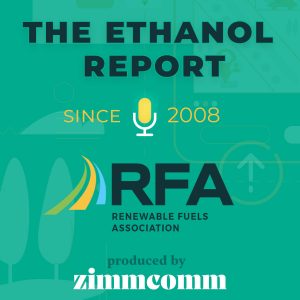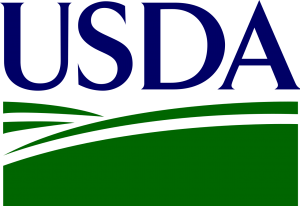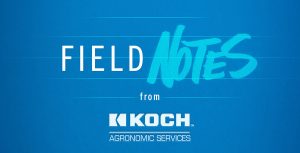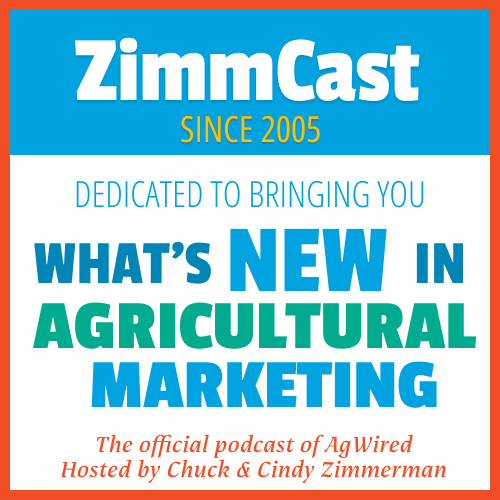 In 2020, the Alltech ONE Ideas Conference was the first to test the new waters of virtual events. This year, the global agri-food conference will again be in a virtual format on May 25–27.
In 2020, the Alltech ONE Ideas Conference was the first to test the new waters of virtual events. This year, the global agri-food conference will again be in a virtual format on May 25–27.
Now in its 37th year, Alltech’s flagship event continues to be an invaluable industry resource, with unmatched content and innovative ideas, inspiration and motivation from world-class speakers. The virtual platform provides on-demand tracks, streaming keynote presentations and live Q&A chats with select speakers — and this year, it will also offer an interactive networking experience, allowing attendees to connect with their peers from around the world.
“We are on the cusp of a new golden age of agriculture, a time when our spirit of innovation will inspire an even greener revolution,” said Dr. Mark Lyons, president and CEO of Alltech. “The Alltech ONE Ideas Conference is a connection point for changemakers to exchange ideas that will shape the future of agri-food and our planet.
The conference typically attracts over 3,500 attendees from more than 70 countries to Lexington, Kentucky, but last year the first Alltech ONE Virtual Experience attracted more than 21,500 registrants from 126 countries, with continued registration throughout the year and engaging new content released monthly. This year’s virtual event features tracks in the aquaculture, beef, business, crop science, dairy, equine, health and wellness, pet, pig, and poultry sectors.
Registration for ONE is now open.
 The U.S. ethanol industry is in a much better place compared to a year ago when production was nearing a record low and plants were closing as a result of efforts to contain COVID-19.
The U.S. ethanol industry is in a much better place compared to a year ago when production was nearing a record low and plants were closing as a result of efforts to contain COVID-19. 
 USDA’s National Agricultural Statistics Service (NASS)
USDA’s National Agricultural Statistics Service (NASS) 
 In 2020, the
In 2020, the 


 The
The 